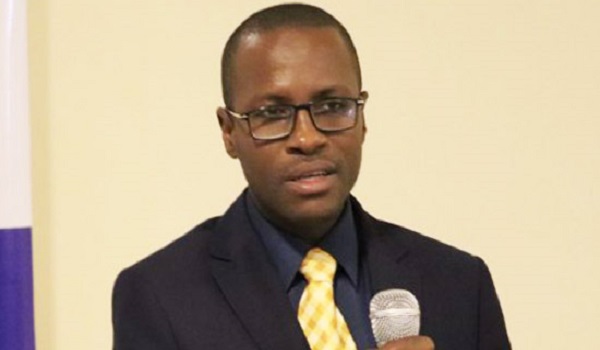Chairman of the Independent Corrupt Practices and Other Related Offences Commission (ICPC), Dr Musa Aliyu (SAN) has stressed the need to come up with a legislation to protect whistleblowers, saying the step would help to promote accountability and reduce corruption in the society.
Speaking at a two-day colloquium on anti-corruption organised by the House of Representatives Committee on anti-corruption held in Lagos on Thursday and Friday, he said the reporting mechanism in the public sector is essential for promoting accountability, integrity and trust in public institutions.
Aliyu stated that in order to encourage whistle blower and strengthen it there is the need for establishment and reinforcement of legal protection.
“Legislation that comprehensively shields whistleblowers from retaliation, while ensuring they have access to justice and reparation is critical.
“Such laws must not only deter potential retaliation but also provide clear, accessible avenues for whistleblowers to report wrongdoing safely and anonymously, if necessary,” he said.
He pointed out that because whistleblowers are not protected, the number is gradually decreasing.
Aliu further affirmed that by implementing comprehensive legal protections, building supportive institutional cultures, leveraging technology for secure reporting, corruption will be reduced.
The acting chairman of Code of Conduct Bureau (CCB), Barrister Muritala Kankia submitted that the CCB is the foremost anti- graft agency in the country and operates as the sentinel guarding the moral and ethical frontier of public service.
He noted that in order to uphold public moralities public officials have a sacred duty to serve the people with unwavering honesty and transparency, “we expect our leaders to be paragons of ethical conduct, setting an example for the entire nation to follow.”
Also speaking at the event, the Chief Judge of the Federal High Court, Hon John Tsoho noted that while there is surfeit of institutions and mechanisms for ensuring compliance and accountability, effectiveness is lacking, “There must be a strong will to strengthen these institutions in order to eliminate impunity.
“In ensuring accountability, justice matters and no person should be regarded as above the law. No primordial issues of religion, ethnicity or political affiliation ought to be allowed to distort the course of Justice.“ he said.











